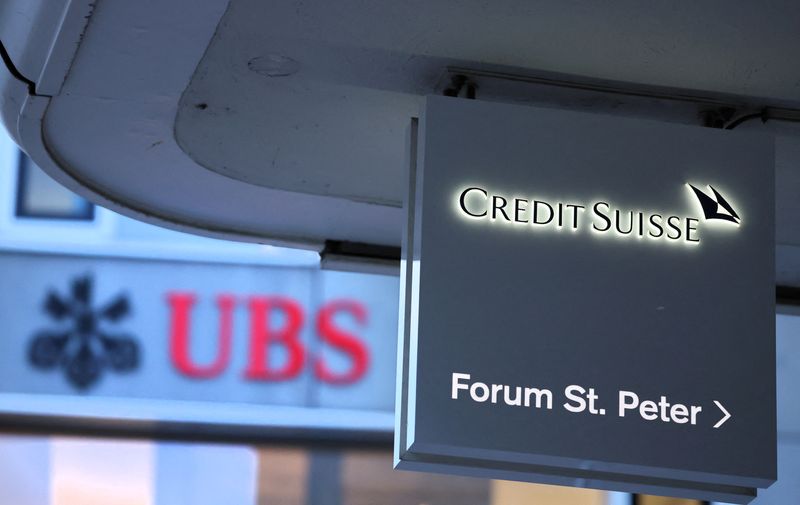By Huw Jones
LONDON (Reuters) - Global financial regulators will present the G20 in October their findings from a "deep dive" on how social media can speed up bank deposit outflows and whether changes to liquidity rules are needed, the Financial Stability Board (FSB) said on Monday.
Posts on social media helped to accelerate outflows from Silicon Valley Bank in March 2023, one of several U.S. lenders that failed last year.
Depositors pulled $42 billion from SVB in just 10 hours.
FSB Secretary General John Schindler said the watchdog is looking at how have deposit dynamics changed, what role has social media played, and what role has new technology played now that customers can withdraw money using a mobile phone.
"We haven't yet set out policy options for any of this, but having said that, we in favour of boosting the resilience of the financial system, and things like liquidity buffers are one of the options to boost that resilience," Schindler told a media briefing on the watchdog's work over the coming year.
A U.S. regulator last week called for new liquidity rules to cope with outflows over five days.
The global Basel Committee of banking supervisors, a member of the FSB, is looking at potential reform to its two core liquidity rules for banks covering 30 days and 12 months, and will feed into the FSB report in October.
Last year also saw the forced takeover of Credit Suisse, the first globally systemic bank to fail since the global financial crisis of 2007-2009.
The Swiss authorities chose to engineer a takeover of Credit Suisse by UBS, rather than use a set of global rules from the FSB to wind it down.
Schindler said he believed the FSB's "bank resolution" rules could still work for closing down a major bank.

The FSB will also consider policy options for tackling leverage in non-banks such as investment funds, and also have a "stock take" of nature-related financial risks.
The watchdog formulates recommendations for the G20, whose members commit to applying nationally.